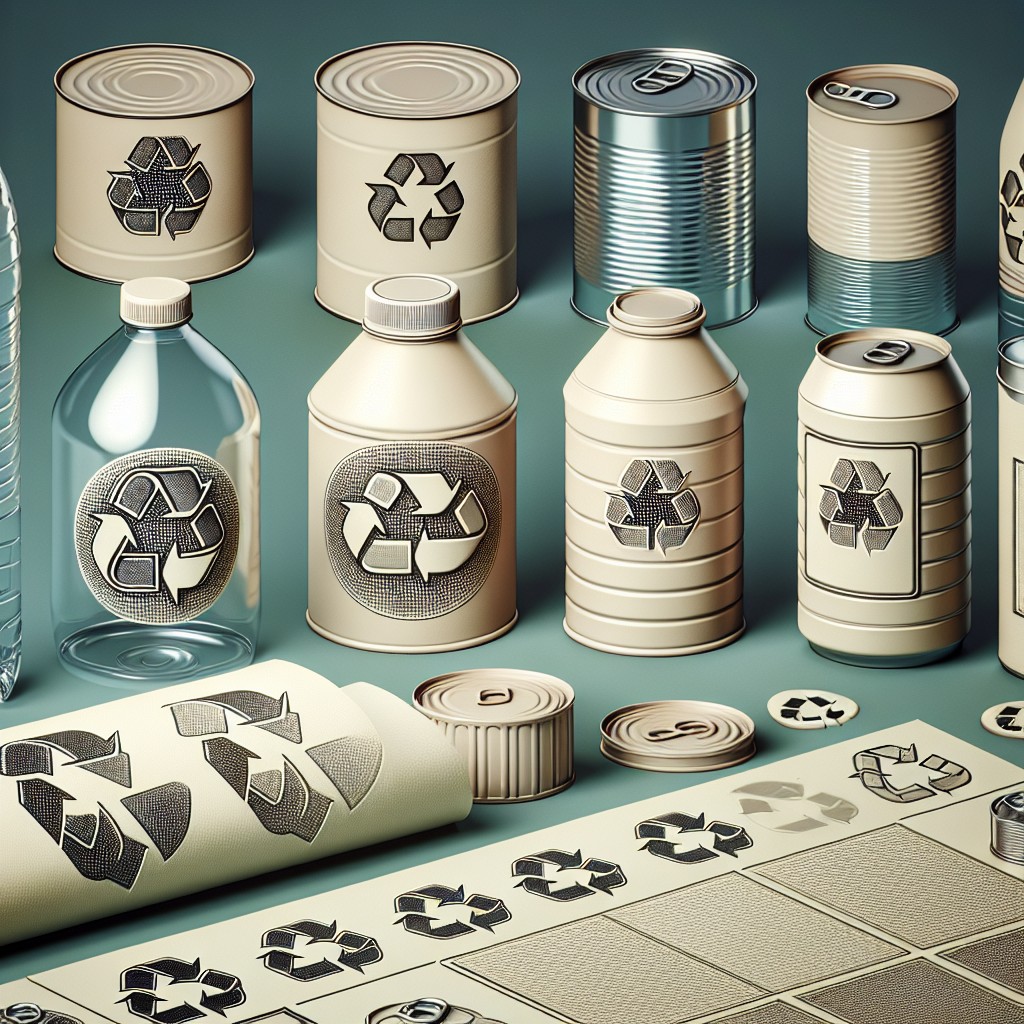Last updated on
Despite their small size, dental floss picks are not recyclable due to their mixture of plastic and nylon, materials that take hundreds of years to decompose.
Key takeaways:
- Dental floss picks are not recyclable due to plastic and nylon materials.
- Floss picks are made of polypropylene plastic and nylon floss.
- The durability of the materials makes them difficult to decompose.
- Single-use floss picks are not easily recyclable due to small size and mixed materials.
- Check with local recycling program or use mail-back programs for recycling options.
What Are Floss Picks Made Of?
Floss picks typically comprise two main components: the handle and the floss. The handle is usually constructed from a type of plastic, such as polypropylene, due to its rigidity and durability. This allows for an easier grip and maneuverability when cleaning between teeth.
Attached to the handle is a small piece of floss, often made from nylon or Teflon, both chosen for their strength and ability to glide smoothly through tight spaces. While these materials make floss picks convenient and effective for maintaining oral hygiene, their recyclability is limited due to the complexity of separating the materials for proper recycling.
Plastic
Most floss picks found in stores are made primarily of polypropylene or polyethylene, types of plastic that offer durability for effective cleaning between teeth. These plastics have a high resistance to physical and chemical damage, which is why they’re frequently chosen for dental products. They’re also lightweight and can be molded into the small, user-friendly shapes that make floss picks convenient for consumers.
However, the resilience of these materials means they do not break down easily in natural environments, presenting challenges in managing their disposal responsibly. Understanding the composition of floss picks is crucial for evaluating their recyclability and environmental impact.
Nylon
Nylon, the material commonly used in the threads of floss picks, presents a recycling challenge. This synthetic polymer is robust and elastic, making it excellent for cleaning between teeth, but it’s not biodegradable.
Furthermore, because nylon is often a thin filament, it can easily tangle in the machinery at recycling facilities, causing technical problems. As a result, even if the plastic part of the floss pick is recyclable, the nylon thread usually isn’t.
The unfortunate reality is that nylon’s resilience, while beneficial for dental hygiene, translates into a long-lasting impact on the environment when not disposed of responsibly.
Can You Recycle Single-use Floss Picks?
Single-use floss picks pose a challenge for recycling due to their composition and size. Most are made from high-density polyethylene (HDPE) or polypropylene (PP), which in their pure form are recyclable plastics. However, the small size of floss picks means they often fall through the sorting machines at recycling facilities, failing to be correctly processed.
Moreover, these picks incorporate a tiny piece of nylon floss, which is not recyclable. The combination of different materials complicates the recycling process, as separation is required, which is not typically feasible in standard municipal recycling systems.
If you’re considering recycling these items, it’s vital to consult your local recycling program. Some areas might have special handling for dental products or partner with specific recycling programs that accept these mixed-material items. In cases where recycling floss picks isn’t possible with municipal recycling services, look for mail-back programs, which some dental product manufacturers offer. These specialized programs may be able to properly separate and recycle parts of the floss pick.
Remember, reducing waste is also about informed choices. If recycling picks isn’t an option, consider switching to more sustainable alternatives that better fit the recycling capabilities of your community.
Check With Your Local Recycling Program
Before tossing floss picks into your recycling bin, it’s important to reach out to your local waste management authority. Recycling capabilities vary significantly from one community to another, largely depending on the machinery and processes in place at local facilities:
- Confirm Material Acceptance: Not all types of plastics are recyclable everywhere. Specific plastics used in floss picks might not be accepted.
- Understand Local Rules: Some programs require items to be of a certain size to avoid jamming machinery. Floss picks might be too small to be captured in the sorting process.
- Avoid Contamination: Since floss picks are used for dental hygiene, they could be considered contaminated and thus not suitable for recycling.
Remember, making a quick call or checking online can not only help you recycle correctly but also prevent potential contamination of recyclable materials. Acting on accurate information ensures the effectiveness of recycling systems and contributes to a healthier environment.
FAQ
Is it OK to reuse floss picks?
No, it’s not advisable to reuse floss picks as they lose their effectiveness and risk reintroducing bacteria into the mouth after a single use.
Can floss go into recycling?
No, regular dental floss is not recyclable and contributes to global waste accumulation in landfills.
Are floss containers recyclable?
Yes, floss containers can be recycled through programs like the Colgate Oral Care Brigade® partnered with TerraCycle.
How do you dispose of grin floss picks?
To dispose of grin floss picks properly, remove the floss ribbon using pliers before composting the biodegradable handles.
What sustainable alternatives exist for traditional floss picks?
Sustainable alternatives for traditional floss picks include water flossers, silk floss in refillable containers, and bamboo floss picks.
How does the material of floss picks influence their recyclability?
The material of floss picks, typically plastic and nylon, significantly influences their recyclability as both materials are non-biodegradable and difficult to recycle due to their small size and composite structure.
What organizations or initiatives focus on the recycling of dental hygiene products?
Organizations such as Colgate’s Oral Care Recycling Programme and TerraCycle focus on the recycling of dental hygiene products.
Related reading:
Table of Contents


